Mobile devices and the evolution of the Nigerian listening experience [Pulse Lists]
)
Yes, there are live experiences. Yes, only time brought us devices which we used to consume music. Live performances are a thing, but devices are the primary mode of music consumption. They forge a relationship between humans and the music.
In the earlier days, devices were very stationery. While everything is usually done on our mobile phones these days, some eras had to start with stationed gramophones and vinyl players. In the 70’s, the world really changed for the better with the influx of new materials like the 24-track recording, cassette decks, Quad 8, Karaoke, the turntable and more.
But in Nigeria, the virality of mobile devices didn’t really begin till the 80’s and with the earliest influences of the burgeoning Hip-Hop culture.
Between the 80s and the current day, Nigeria has seen a few devices come and go or get reduced in importance. Today is the day of remembrance and Pulse will document the devices that have defined the Nigerian listening experience;
1) Transistor FM/AM Radio

This device might have gone through different stages of evolution to reach this level, but the first commercial transistor radio was produced in 1954. Except you grew up in very bougie settings, your dad had one. If he did not, then your grandfather did. They helped these educated men keep up with morning news before heading to work without waking everyone up.
The modernization of this device is the modern AM/FM radio.
2) Boombox
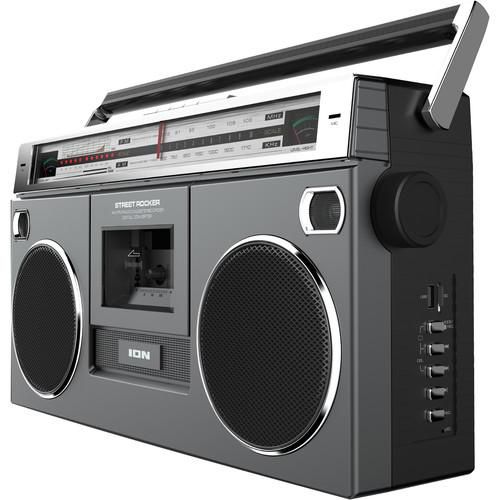
The Boombox is a transistorized portable cassette player that is synonymous with early Hip-Hop culture. For any 80’s or 90’s baby, the first picture that will come to your head when you hear the ‘Boombox’ is a group of teenagers holding the cassette player over their heads while blasting loud Hip-Hop music.
To be a Boombox, it must have two in-built loudspeakers and a handle. While the earliest versions were manufactured in late 1970s, they really became a thing in Nigeria around the mid-80s as the burgeoning Hip-Hop culture found its place in black hearts across the world. The evolution of it had two cassette spaces and another set had in-built CD functions.
The CD players and boomboxes were also important for what Nigerians call, “dubbing” - the process of recording songs from a live radio session or recreating content of a CD/cassette into another cassette tape. These days, the Boombox is getting reborn as the rechargeable bluetooth speaker.
3) Walkman
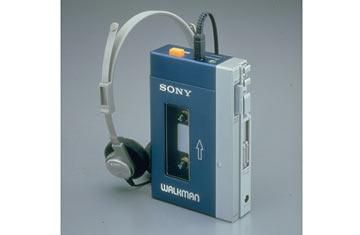
In 1963, the first set of cassette tapes were released for commercial use. But until 1977 when Sony released the first set of Walkman devices, people could only use Cassettes on the Boombox or other forms of players. It was basically designed for journalists and as a low-end experiential device for young people who couldn’t afford expensive devices.
It caught up as a popular tool for music consumption in the 90’s. However, it wasn’t the Sony version. Several Chinese manufacturers flooded Nigerian markets with different rip-offs of the Walkman. If you didn’t have a version of the Walkman, your childhood was boring. This was where ‘dubbed’ content had its expression.
Despite all the rip-offs, the Sony Walkman had sold 385 million units by 2009.
4) Discman
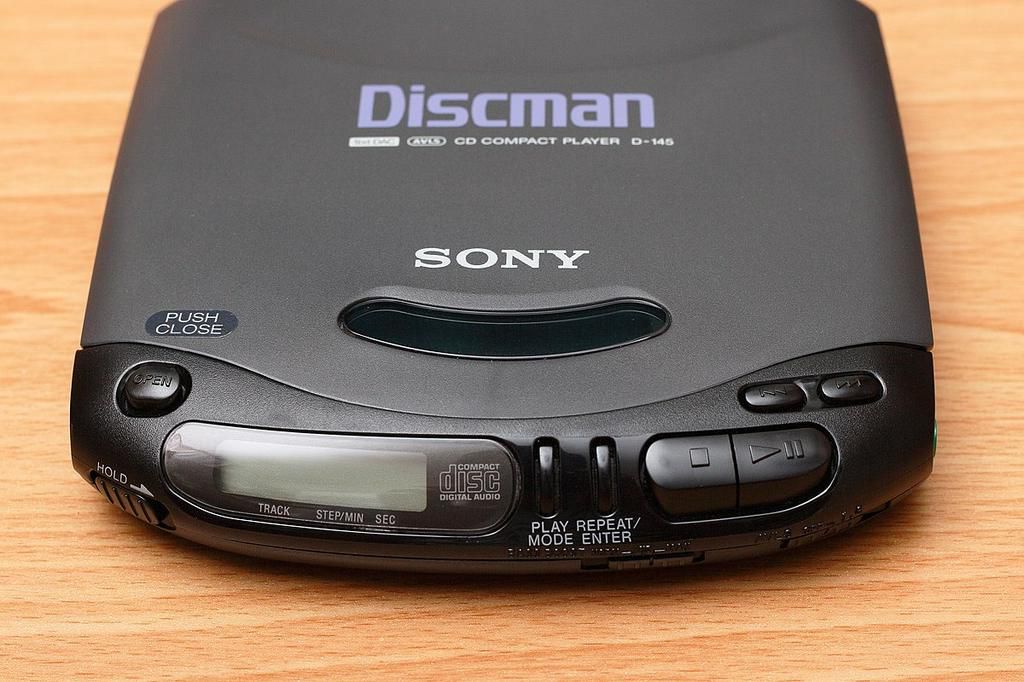
The Discman was like Jollof Rice with Chicken from Iya Basira while the Walkman was like Jollof Rice from Mr Biggs - one was of lower cadre, figure that out. The Walkman was for the mekunu while Discman was elite in the mid-90s earliest days of its popularity. Make no mistake, the Discman was also a Walkman
The first Discman was manufactured by Sony in 1984, but it became viral in Nigeria much later than that.
By the early-2000s, the discman had become a mainstay of the Nigerian listening experience. Make no mistake, the discman or CD Walkman that became a mainstay in Nigeria was not manufactured by Sony. It was counterfeit models from Asian countries.
5) Palito
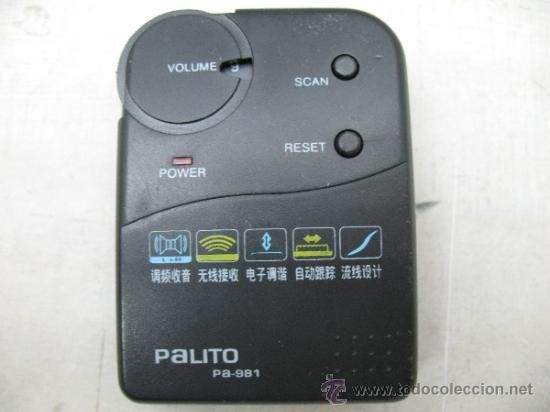
If you grew in upper-class families, this one is not for you. In fact, you probably have no idea what it is nor have you seen it before. But if you grew up in a middle-middle class to the lower social classes of Nigeria, you have seen or even owned one.
If you were birthed in those social classes and you liked music or sports, you probably owned one as an alternative to your Walkman or Discman. If you liked music and sports and attended a boarding school, you definitely owned one - it was easy to smuggle into schools and manage. Batteries were also cheaper.
A Palito was basically a mini-version of a transistor AM/FM radio without an in-built speaker and powered by removable batteries. Shout-out to all the Kiss/Balila body sprays that we made opportunity cost for palito radios in high school, your memory lives on and Palito lives forever.
6) Phillip Lamp
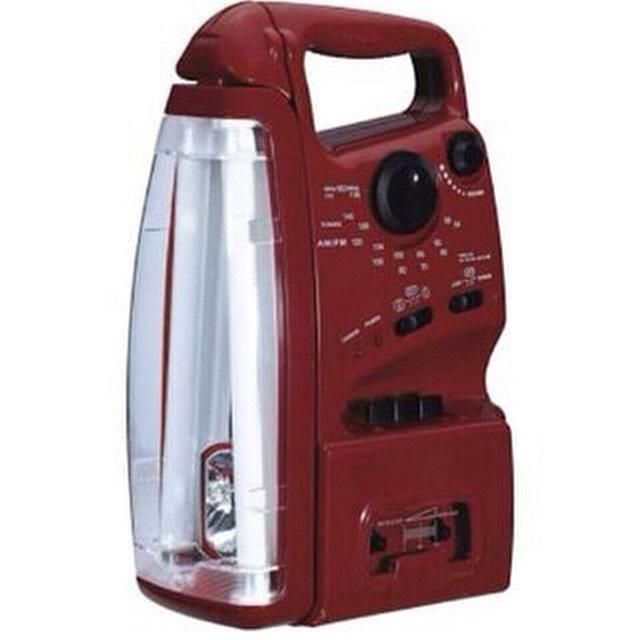
Ordinarily, these devices were fluorescent lamps with in-built cassette players and speakers. In the late 90’s, these devices flooded electronics shops across Nigeria. But for a generation of young millennials, it was a mini version of the Boombox on which they played Nelly, Ludacris, Busta Rhymes, Ja Rule and the earliest days of 50 Cent’s Power of The Dollar.
In boarding schools, no matter how much was confiscated, another would spring up for the room in a heartbeat from upperclass men. Nothing beats teenage defiance. The height of these devices was the early 2000s.
7) iPod
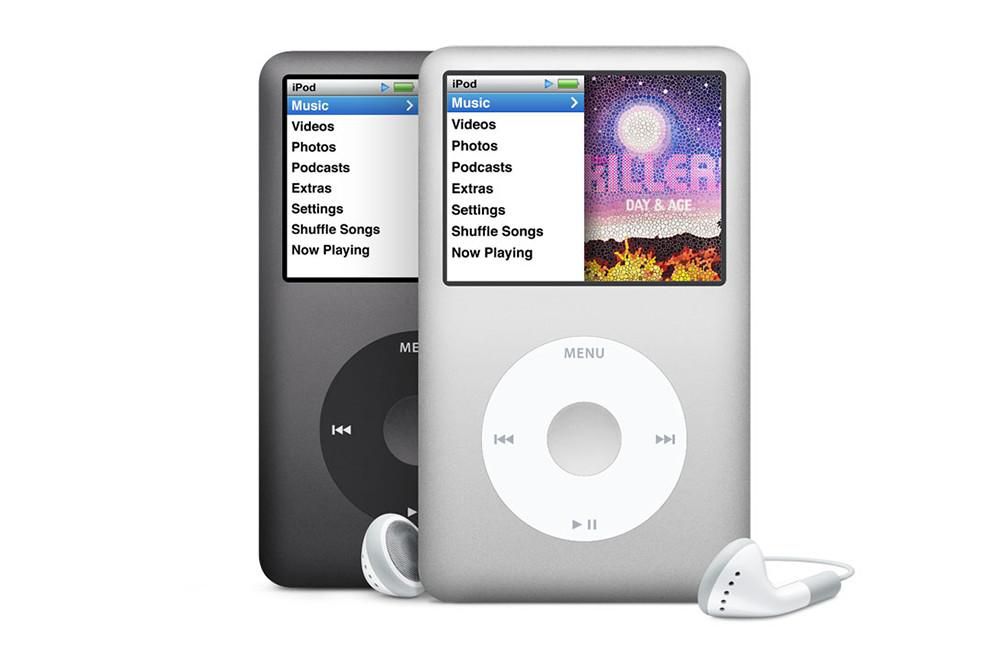
First off, shout-out to Yahoo boys. Steve Jobs had a dream - a big one - to put as much music in people’s pockets as he could. The first step of that dream was the iPod which was released in 2001. It was never a mainstay in the Nigerian mainstream because it was expensive and hard to maintain.
Nonetheless, its in-built rechargeable battery was an attraction. Second generation Yahoo boys were big on iPods because they had good resale value as did Playstation 2 consoles and later, PSPs.
8) MP3 and 'MP4' devices
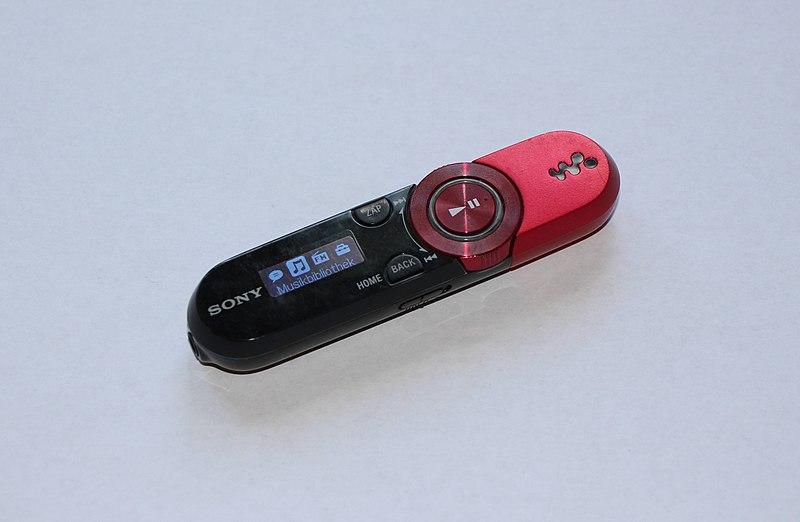
Nigerians could not afford iPods, but we could afford MP3 music players - those ones that looked like flash drives. For most people in their early 30s or late 20s, this was where we played College Dropout by Kanye West and T.I’s Trap Muzik. The popularity of MP3 music players might have been defeated by multimedia phones, but 2004-2005 was a great time.
The MP4 was just an MP3 player with greater capabilities. Both devices were also birthed from Sony's Walkman era that birthed six generations of groundbreaking devices.
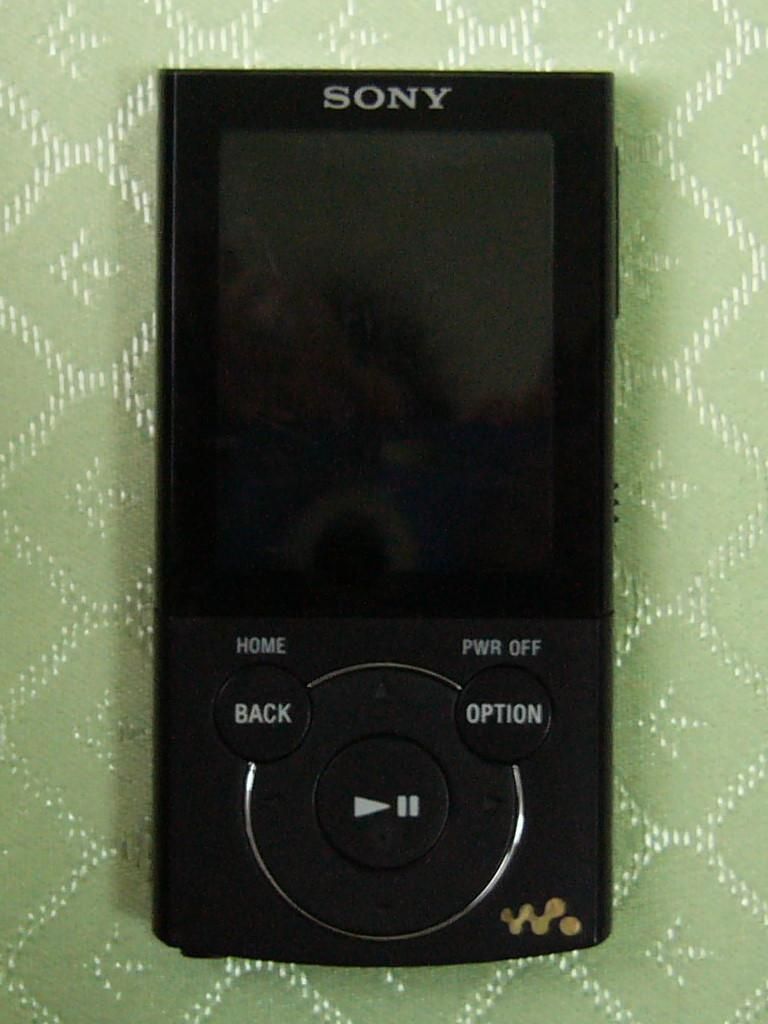
After the multimedia phone became a major thing, the MP4 which was more fanciful than the MP3 and with better batteries than the mobile phones and a screen - which the MP3 did not have. Some 'MP4s' could also play videos. Thus, Nigerian bought them for music and they worked. The virality of the MP4 was around 2006-2008.
9) PlayStation Portable (PSP)
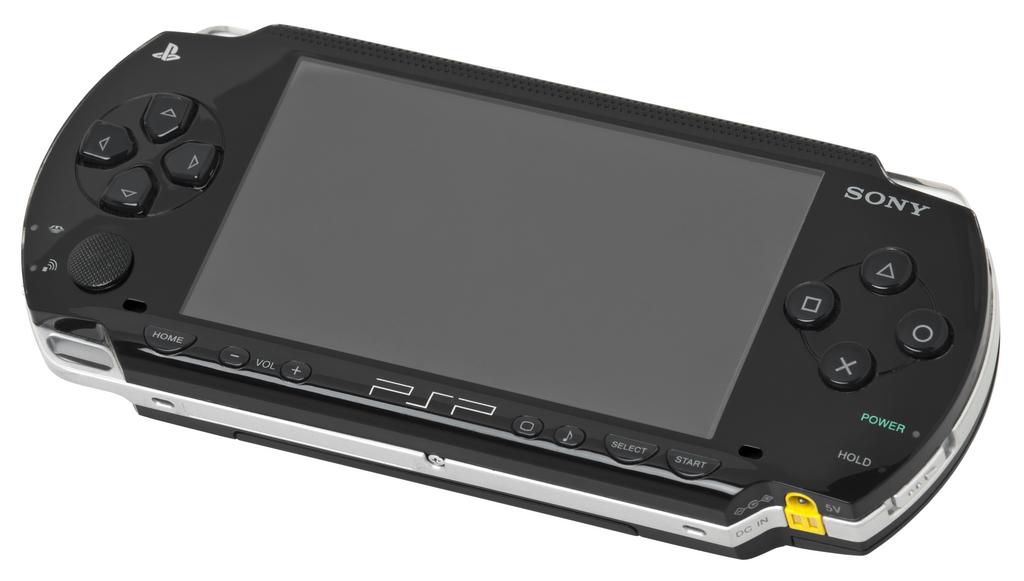
The PSP was released for gaming in 2004. But by the mid-2000s, the bougie Nigerians and the Nigerians who won PSPs off bets would use the device for another function - listen to music. This was never popular in the Nigerian mainstream, but if you had a PSP, it was a one-stop shop for all the fun you needed.
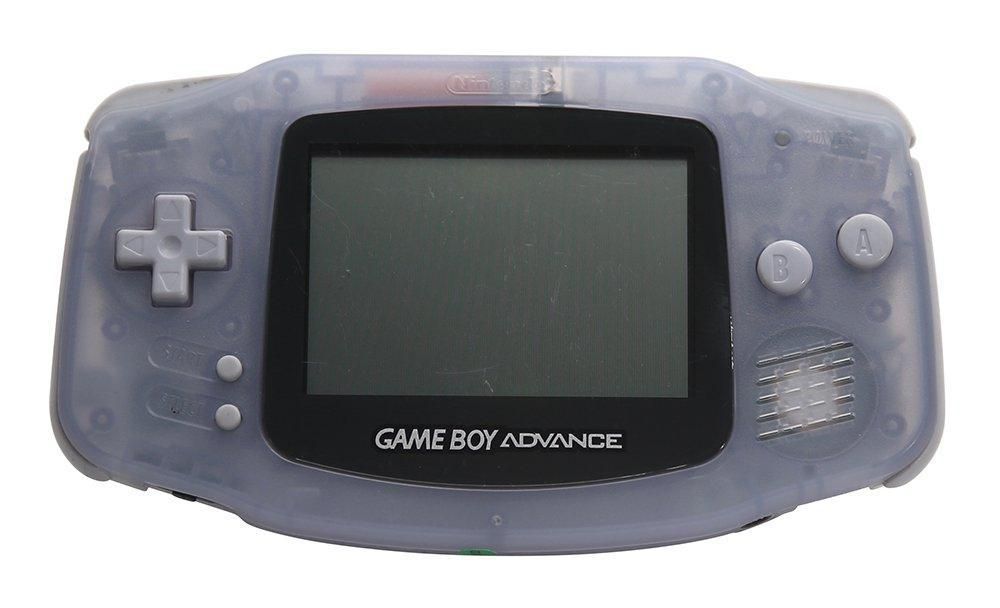
For those of us who only owned a PSP later in life, we thank God for the Gameboy Advance devices we had. However, those couldn't play music.
10) Phone
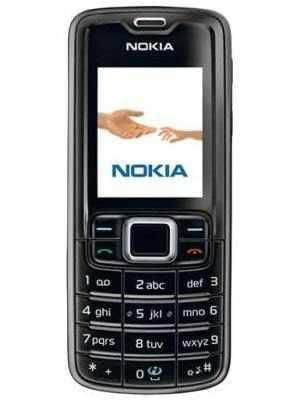
Ah, this one is clumsy o. The first set of mobile phones that could collect and possess media files had pretty limited sonic capabilities. We had phones with just 25 MB worth of storage and five seconds of video coverage. Around this time, content was so limited that everyone had the same skits and photos.
By the time Nokia flooded the market with multimedia phones with increased capabilities and Motorola followed, a revolution began. Versions of computer village in every Nigerian locale cashed out big time!
You had to go meet people in those places to ‘load’ your phone with media files; music, -videos, skits and photos. Each of those files cost N10-N50 depending on your location.
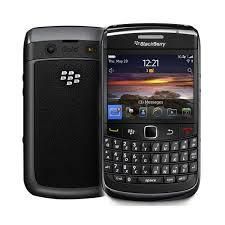
But by 2007, things had become abridged and people knew illegal download websites like Waptrick, Bobowap, Wapmusic and all other wap things. We were downloading with our Opera Mini hacks and limited internet access. After the worrisome infrared, Bluetooth came and then USB stole grounds.
It wasn’t until the QWERTY keyboard phones from Nokia, Sony and Blackberry did Nigerians duly enjoy the premium entertainment potential of the mobile phone. By the time Android devices and iPhones became our reality, mobile phones had monopolized the Nigerian listening experience.

)
)
)
)

)
)
)
)
)
)
)
)
)